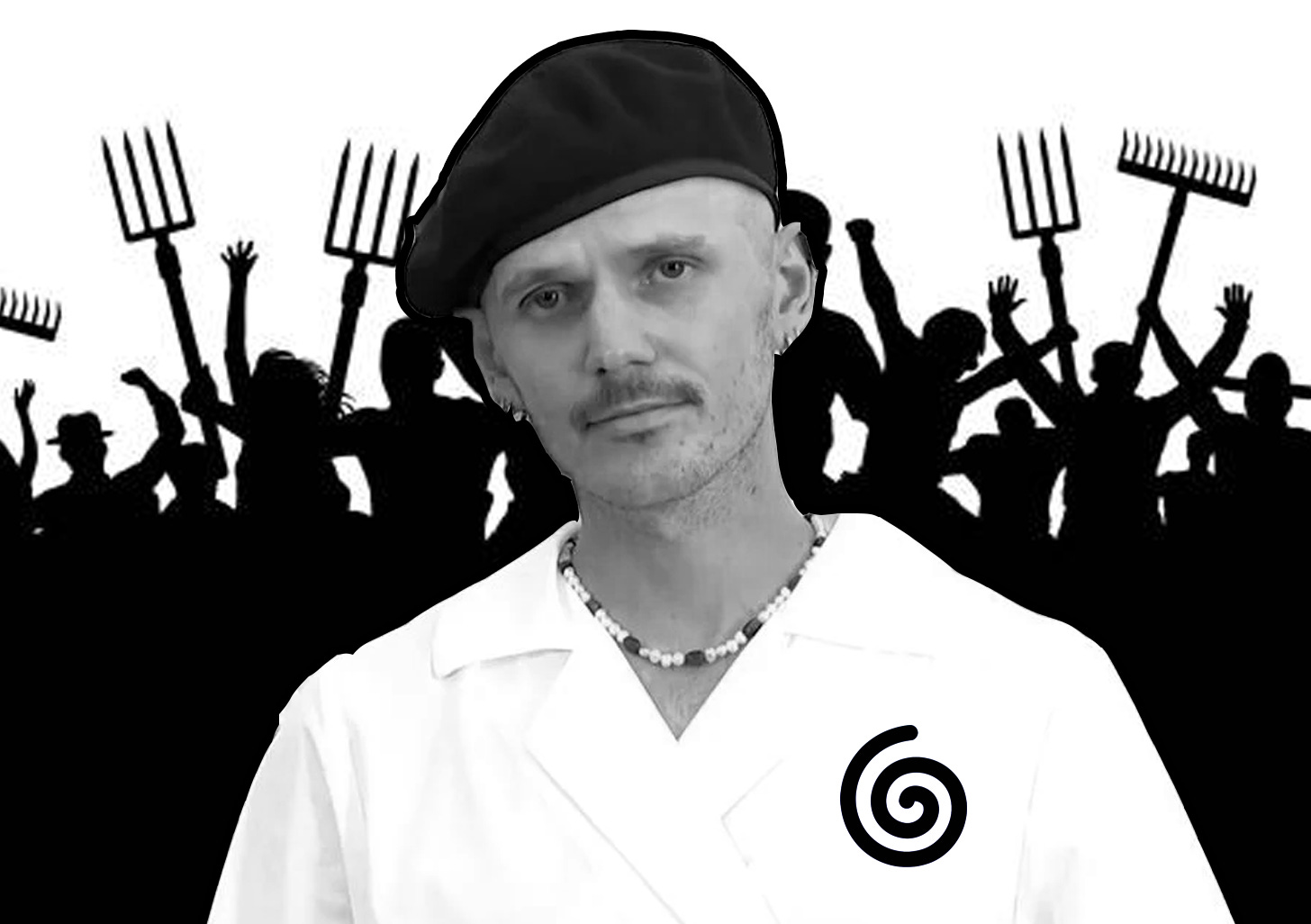The media’s manufactured martyrdom of Benjamin Doyle is a dangerous distraction
By now, you've probably read the headlines: “15 to 25 percent chance of attack on MP Benjamin Doyle.” Another piece by the NZ Herald, another round of hand-wringing, and yet another attempt to cast a deeply polarising figure as a helpless victim of public hysteria. Let’s be honest. This kind of coverage isn’t just unhelpful. It’s actively corrosive.
Let’s start with the basics. Credible threats against any public figure should never be taken lightly. But when the media amplifies a speculative, statistics-laden risk report based on a fortnight of social media commentary without ever pausing to ask why the public might be so upset, something is deeply broken. What we’re witnessing isn’t responsible journalism. It’s narrative laundering, aimed at silencing legitimate criticism under the convenient banner of “hate.”
Benjamin Doyle has, from the outset, been a controversial figure, and not without reason. His actions on social media before entering Parliament were, at best, ill-judged and at worst deeply disturbing, especially for some bloke tasked with shaping policy in areas like early childhood education. Yet the mainstream press seems less interested in scrutinising Doyle’s judgment than in shielding him from public accountability.
If the threats are real, and we’re told they are with a 15 to 25 percent statistical certainty, then perhaps it’s time to ask a more fundamental question. Should Doyle remain in public office at all?
This isn’t about Doyle’s identity. It’s about their conduct. Even many on the left, Doyle’s last bastion of support, have found the resurfaced Instagram posts troubling. And while Doyle insists that he’s the victim of “moral panic,” the public doesn’t need help from conspiracy theorists to feel unsettled when an elected official blurs the lines between personal identity performance and public responsibility. That’s not prejudice. That’s basic civic expectation.
The media’s role here has been deeply irresponsible. Instead of engaging in sober analysis, it has rushed to spotlight a security report like it were gospel, plastering probability figures across headlines as though predicting a stock market crash. They quote disinformation researchers and crisis analysts, name-drop “stochastic terrorism,” and invoke Trump and QAnon, painting a dire picture of the cultural right while ignoring that public dissatisfaction with Doyle cuts across the political spectrum.
When fringe groups exploit public frustration, it’s the media’s job to report without inflaming. But too often, that line is crossed. By casting all criticism of Doyle as hate-driven, the press not only absolves Doyle of answering for past behaviour, they risk inflaming the very tensions they claim to decry. And in doing so, they marginalize ordinary citizens who are disturbed not by Doyle’s gender identity, but by his judgment, his past posts, and his apparent unwillingness to accept responsibility.
What’s most damning is that the coverage skirts the obvious. If an MP has become such a lightning rod for controversy, so polarising that his presence invites fear for his personal safety and that of his trans-child, perhaps the brave and responsible choice is not to dig in but to step aside. The political left is already fractured, and Doyle’s continued presence does little to unify or inspire. It merely adds fuel to a fire the country can no longer afford.
A functioning democracy depends on trust: in media, in institutions, and in those elected to lead. Right now, all three are under strain. If Benjamin Doyle genuinely cares about protecting his family, easing social tensions, and rebuilding trust in public service, then the decision should be clear.
It’s time for the media to stop manufacturing martyrs, and time for Benjamin Doyle to consider whether remaining in office serves anyone, including himself.





Brilliantly said
And of course the Herald article was by the completely unbiassed and totally impartial David Fisher who resorts to referring to the discredited Sanjana Hattotuwa as an "authority"
Very predictable.
I have a discussion of another piece written by Fisher on "A Halflings View" entitled "The Disinformation Paradox" in which I do the investigative work that Fisher did not.